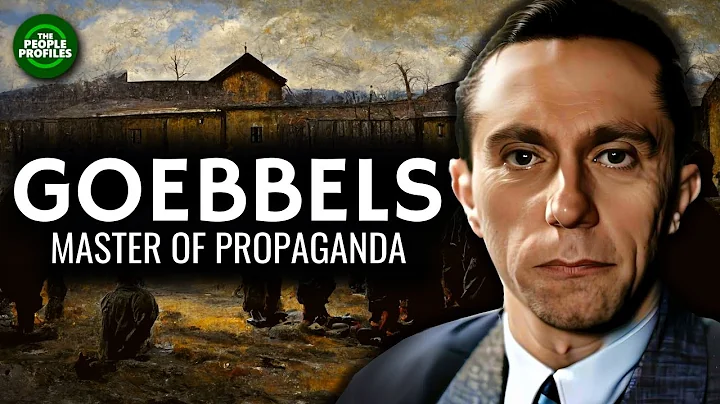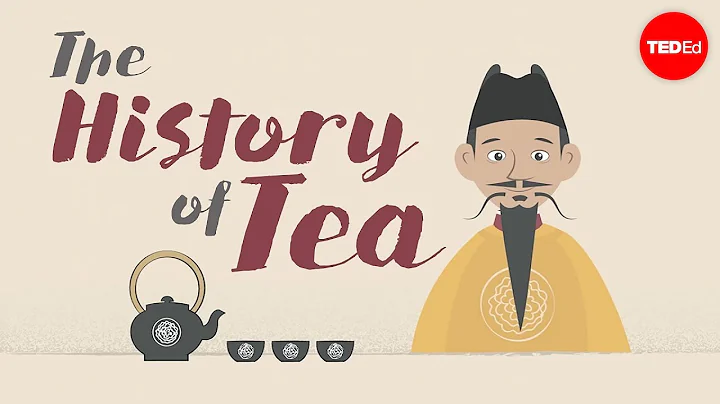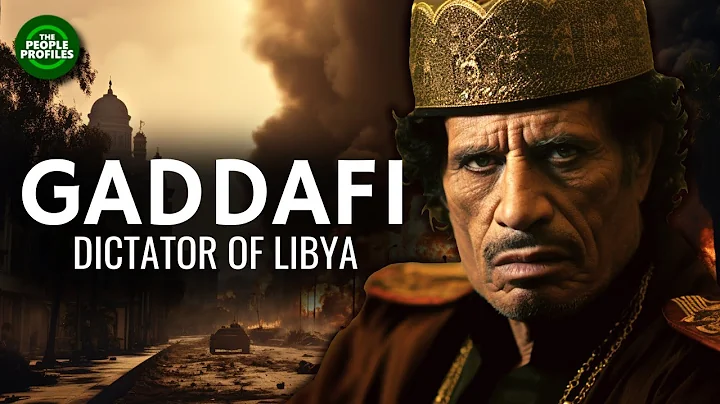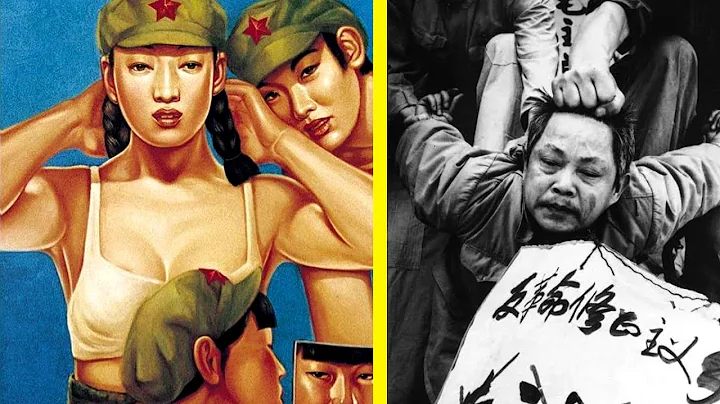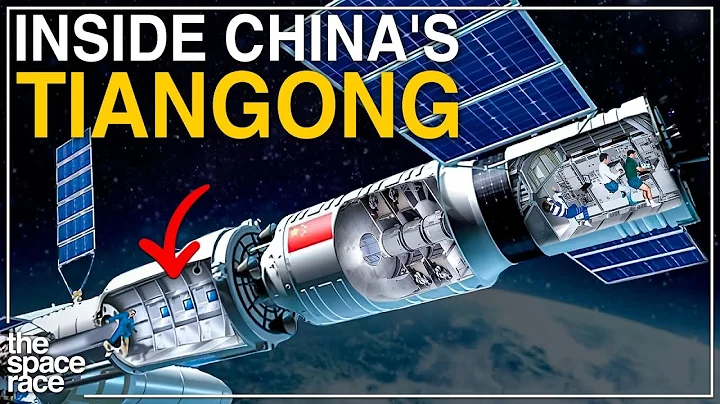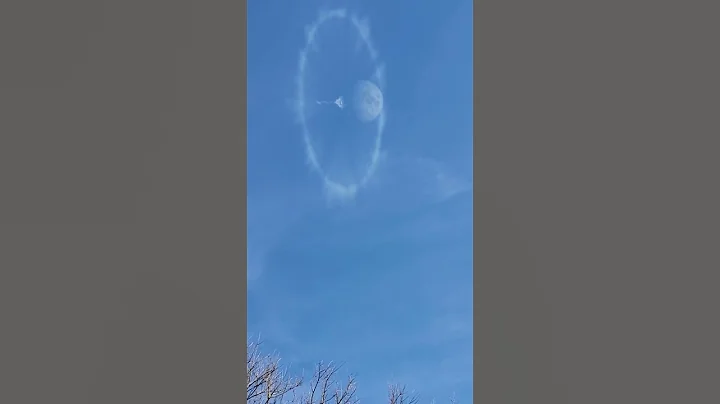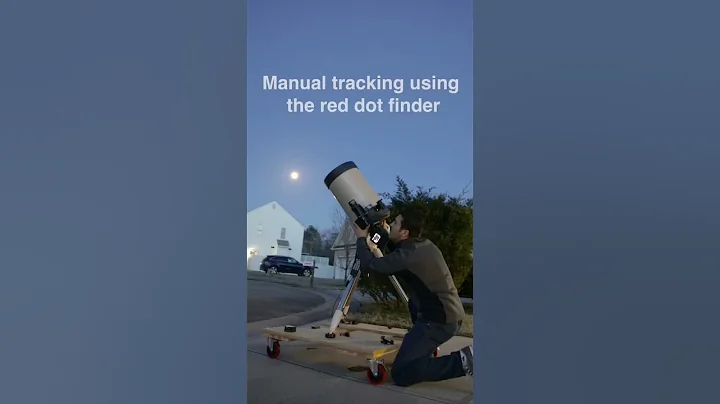For most readers, the name "Dai Jiying" is relatively unfamiliar. In fact, Dai is a famous figure in the history of our party. He was once a senior leader of our party and our army, and was one of the founders of our party's early revolutionary base areas. However, due to various reasons, Dai withdrew from the stage of history after the founding of the People's Republic of China.

Dai Jiying
"Lots of achievements"
In 1907, Dai was born into a landlord family in Songshugang Town, Huang'an County, Hubei Province. In February 1927, Dai joined the Communist Party of China and devoted himself to the national revolutionary movement. In the same year, Dai, who was only 20 years old, returned to his hometown to launch the peasant movement and served as secretary of the Huang'an County Committee of the Communist Party of China.
In early November of that year, the Eastern Hubei Special Committee of the Communist Party of China decided to hold a jute uprising, and Dai was elected as a member of the general headquarters of the jute peasant uprising.
At 10 pm on November 13, Dai and others led more than 30,000 farmers from Huang (An) and Ma (Cheng) counties to break through Huang'an city, annihilate the county police force, surrender more than 100 guns, and capture the county guards alive long.
In the spring of 1928, the Jute Uprising Peasant Army was reorganized into the 7th Army of the Chinese Workers' and Peasants' Revolutionary Army. Wu Guanghao was appointed as the army commander and Dai was appointed as a member of the army party committee. The two led their troops to establish the Hubei-Henan border revolutionary base.
In December 1929, Dai was elected as an alternate member of the Hubei-Henan Border Special Committee of the Communist Party of China, and participated in the leadership of the establishment and consolidation of the Hubei-Henan Border Revolutionary Base Area.
In April 1932, Dai Renhong, political commissar of the 25th Army of the Fourth Front Army, led his troops to participate in the fourth anti-"encirclement and suppression" campaign in western Anhui. After the failure of the anti-"encirclement and suppression" campaign, the main force of the Red Army was forced to carry out the Long March.
The Red 25 Army where Dai belonged stayed in Hubei, Henan and Anhui and persisted in the struggle. At this time, Dai had become one of the important leaders in the Hubei-Henan-Anhui base area.
On December 10, 1934, the 25th Red Army entered Luonan County, Shaanxi Province, established a base in the Hubei-Henan-Shaanxi border area, and changed the Hubei-Henan-Anhui Provincial Committee of the Communist Party of China to the Hubei-Henan-Shaanxi Provincial Committee of the Communist Party of China.
The Red 25th Army seized the favorable opportunity, mobilized the masses extensively, and soon established the first base area in the Hubei-Shaanxi border area, initially laying the foundation for the Hubei-Henan-Shaanxi revolutionary base area. During
, Dai successively served as secretary of the Hubei-Henan-Shaanxi Special Committee of the Communist Party of China and member of the Hubei-Henan-Shaanxi Provincial Committee of the Communist Party of China, and participated in the struggle to establish the Hubei-Henan-Shaanxi revolutionary base area.

In January 1935, the Kuomintang launched its first "encirclement and suppression" campaign against the Hubei-Henan-Shaanxi border region with 11 regiments of troops.
The Red 25 Army, led by Wu Huanxian, Dai and others, wiped out the militia armed groups and the reactionary regime. Soon the situation of the Hubei, Henan and Shaanxi revolutionary base areas was opened.
html On March 10, Wu Huanxian and Dai commanded the 25th Red Army to set up an ambush near Shita Temple, Huayang Town, Yangxian County, Shaanxi Province. They intercepted two regiments of the enemy's 2nd Guard Brigade, defeated 5 enemy battalions, and killed and wounded more than 200 enemy soldiers.
htmlOn April 9, the enemy's first "encirclement and suppression" campaign against the Hubei, Henan, and Shaanxi base areas was crushed.
htmlIn mid-April, Chiang Kai-shek mobilized more than 30 regiments of troops to launch the second "encirclement and suppression" campaign against the Hubei, Henan, and Shaanxi base areas. Wu Huanxian and Dai decided to adopt the combat policy of "luring the enemy deep, delaying first and striking later", and led their troops to march more than a hundred miles every day, dealing with the enemy day and night.
htmlIn June, the 25th Red Army went north to Shangluo and attacked the ancient town of Jingziguan.
7 In July, the Red 25th Army ambushed the enemy's 1st Garrison Brigade at the entrance of Yuanjiagou in Shanyang County, killing more than 300 enemy people, capturing more than 1,400 people under the enemy's brigade commander Tang Sitong, and seizing 640 light and heavy machine guns and more than 1,600 long and short guns. . The enemy's second "encirclement and suppression" campaign failed.
On July 16, 1935, the main force of the 25th Red Army left the Hubei, Henan, Shaanxi and Soviet areas and embarked on the road to continue the Long March.
On August 21, 1935, the 25th Red Army Corps directly under the military headquarters was suddenly attacked by the enemy's 35th Division in Wangcun, Jingchuan County. Wu Huanxian unfortunately died during the battle. After that, the troops continued their long march under the leadership of Dai and Xu Haidong.
html On September 15, the 25th Red Army arrived in northern Shaanxi and successfully joined forces with the 26th Red Army led by Liu Zhidan.

After the Anti-Japanese War broke out in full, Dai was sent by the Central Committee to the Dabie Mountains in Dabie Mountains to serve as the deputy commander of the Fourth Detachment of the New Fourth Army. The commander was Gao Jingting.
In June 1939, after Gao was mistakenly "executed", Dai was promoted to commander.
In the next two years, Dai led the fourth detachment to fight hundreds of times against the Japanese invaders.During the battle, Dai dared to brave dangerous situations, was good at fighting tough battles, was fearless in the face of danger, was brave and unyielding, and severely damaged the Japanese army countless times.
During the Liberation War, Dai successively served as a member of the Central Plains Bureau of the CPC Central Committee, deputy political commissar of the Central Plains Military Region, and political commissar of the First Column of the Central Plains Military Region.
He and the commander of the first column, Wang Shusheng, tightly guarded the strategic location in the Central Plains and contained a considerable number of the Kuomintang's troops, winning valuable time for our army's strategic development in Northeast, North and East China.
In July 1946, Chiang Kai-shek mobilized 300,000 troops to surround more than 60,000 people in our Central Plains Military Region. The Central Plains breakout campaign that shocked both China and foreign countries began. After
successfully broke through, Dai served as the second deputy secretary of the Henan Provincial Committee of the Communist Party of China and the director of the Financial and Economic Committee of the Central Plains People's Government.

Jute Uprising (Oil Painting)
"Wrongfully Killed" Soldiers
During more than twenty years of arduous battles against the enemy, Dai was calm and commanding, and made immortal contributions to our party's revolutionary cause. But at the same time, Dai also "mistakenly killed" countless commanders and soldiers due to his personal selfish desires, causing immeasurable losses to our party's revolutionary cause.
In May 1933, Dai ordered the security bureau of the base area to imprison 49 party and league cadres including the political commissar and chief of staff of the 220th Regiment, the main force of the Red 74th Division.
Without any confession, all 49 officers and soldiers were executed.
Subsequently, the deputy commander of the 25th Red Army, commander of the 73rd Division, director of the Political Department of the 73rd Division, and leaders of the Jute Uprising Dai Kemin, Dai Jilun, and Cao Xuekai were also brutally persecuted one after another.
As a result, the strength of the Red 25th Army was seriously damaged.
In September 1935, after the Red 25th Army joined forces with the Red 26th Army led by Liu Zhidan in northern Shaanxi, it brought its policies to the northern Shaanxi base area.
On October 1, Zhang Wenhua, secretary-general of the Shaanxi-Gansu Border Soviet Government, was arrested. A large number of leading cadres of the Shaanxi-Gansu Border Special Committee and the Shaanxi-Gansu Border Soviet Government were arrested.
On October 6, Liu Zhidan and Gao Gang, the founders of the northern Shaanxi base area, were arrested successively.
Subsequently, 60 main leaders of the 26th Red Army and the Shaanxi-Gansu Border Soviet Government of the CCP’s Shaanxi-Gansu Border Special Committee were also attacked or persecuted.
Liu Zhidan's wife Tong Guirong and his 5-year-old son Liu Lizhen were also implicated and imprisoned.

Liu Zhidan
On October 19, 1935, the Central Red Army arrived in the Shaanxi-Gansu base area. After learning about the severe situation in the base area, Chairman Mao immediately ordered "to keep people under the sword" and sent people to take over the Political Security Bureau and rescue Liu Zhidan and others.
In November 1937, the Central Committee assigned Dai to the Fourth Detachment of the New Fourth Army in the Dabie Mountains as deputy commander. The commander of the fourth detachment, Gao Jingting, was Dai's subordinate when he was in the Hubei-Henan-Anhui base area, and he deeply hated Dai's style in Hubei-Henan-Anhui.
Therefore, Dai and Gao Jingting had a bad relationship. Dai "snitched" to the Central Committee and the New Fourth Army headquarters many times, fabricated facts, falsely accused and framed Gao, and sowed a relationship between Gao and New Fourth Army Commander Ye Ting and others.
In May 1939, the main force of the fourth detachment, the commander of the seventh regiment, Yang Kezhi, the commander of the seventh regiment, and the deputy commander Cao Yufu embezzled gold and silver and defected to the Guangxi army.
Since it was Gao who initiated the rebellion of Yang and Cao, Dai reported to the commander of the New Fourth Army that Gao had instigated the defection of Yang and Cao.
Under Dai's instigation, Gao was arrested. Dai personally accused Gao Luo.
In the end, Gao Jingting, a senior Communist general with great military exploits, was wrongly executed.

"Important officials" alarmed Chairman Mao
After the founding of New China, Dai served as a member of the Standing Committee of the Henan Provincial Party Committee and the Secretary of the Kaifeng Municipal Party Committee. But Dai was very dissatisfied with the position assigned to him in the organization.
He believed that the main leaders of the Henan Provincial Committee and Provincial Government at that time were far from him in terms of qualifications, prestige, party membership, contribution and other aspects.
With such a mentality, Dai publicly made remarks that were inconsistent with the provincial party committee's opinions many times, and blatantly slandered the provincial party committee leaders at cadre meetings.
At the end of 1951, Dai also wrote to the Central Committee and Chairman Mao, attacking the leaders of the Henan Provincial Party Committee and demanding that he be made a member of the Central Committee and Secretary of the Henan Provincial Party Committee.
Chairman Mao was furious after reading Dai Jiying's "official letter" and believed that "Dai Jiying is hopeless." Chairman Mao immediately gave instructions to the General Office of the Central Committee of the Communist Party of China: "The Communist Party does not need senior cadres like Dai Jiying. Such people should be expelled from the party, dismissed from public office, and never used!"
On February 12, 1952, Dai was expelled. Party membership, go home and reflect.

Since then, Dai Jiying ended her political career and faded out of people's sight.



